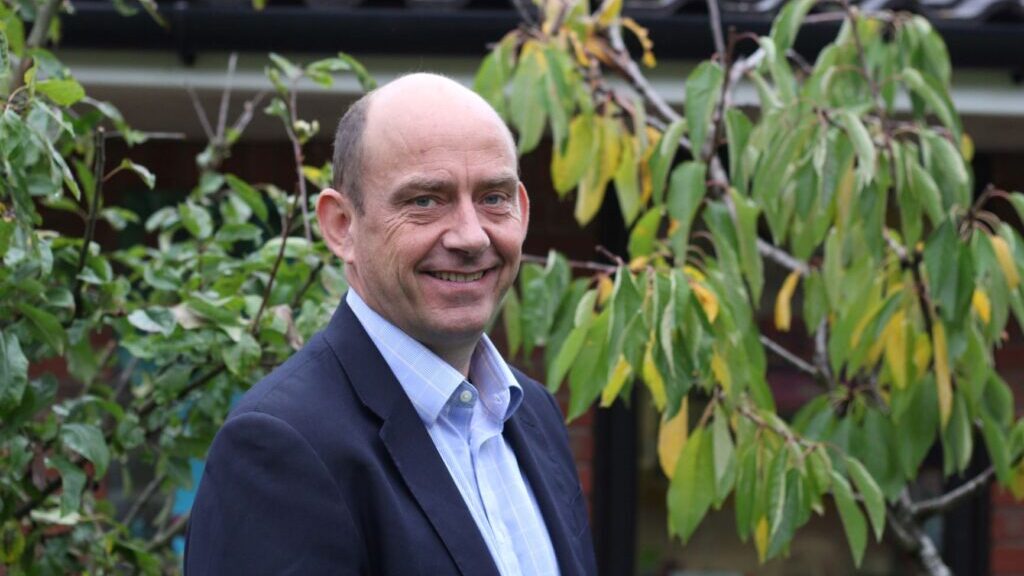Hospice finances worst in 20 years

Hospice sector finances are at their worst for 20 years with providers facing a collective deficit of £77 million, according to a leading charity.
The alarming findings were revealed in Hospice UK’s quarterly financial benchmarking survey for the 2023-24 financial year.
Toby Porter, chief excecutive of Hospice UK, said: “These are the worst financial results for the hospice sector in around 20 years. Many hospices are spending more on their care than they receive in income. This is unsustainable and extremely worrying.
“Costs for hospices will keep rising, and without a new model for funding end-of-life care, the coming years could be devastating for hospice care services, particularly for those in economically challenged areas. Many are already considering halting vital services which will have devastating consequences for patients, their families, hospice staff, local communities and the NHS itself.”
The survey found rising expenditure was the main cause of the crisis in the sector which supports 300,000 annually.
Research showed that payroll costs have surged by 11%, equalling approximately £130 million in additional spending over the full year.
Adult hospices only receive on average around one-third of their funding from the state, and children’s hospices only receive around one-fifth. This means most of the funding for essential hospice services comes from fundraising and charitable donations.
The report yesterday followed a report by the All Party Parliamentary Group (APPG) for Hospice and End-of-Life Care which found that despite a law passed in 2022, the way hospice services are commissioned in England is not fit for purpose.
A Department of Health and Social Care spokesperson said: “We want everyone to have access to the high-quality, personalised palliative care that can make all the difference at such a difficult time. That’s why we require all local NHS integrated care boards to commission end-of-life care services to meet their patients’ needs.
“While the majority of palliative and end-of-life care is provided via GPs, hospitals, and community health services, we recognise the incredibly valuable role the charity sector plays in providing hospice care and supporting loved ones. Most hospices are independent, charitable organisations with their own terms and conditions of employment.
“The government has provided £60 million in additional funding, including to some hospices, to deliver one-off payments to over 27,000 eligible staff employed by non-NHS organisations.”



